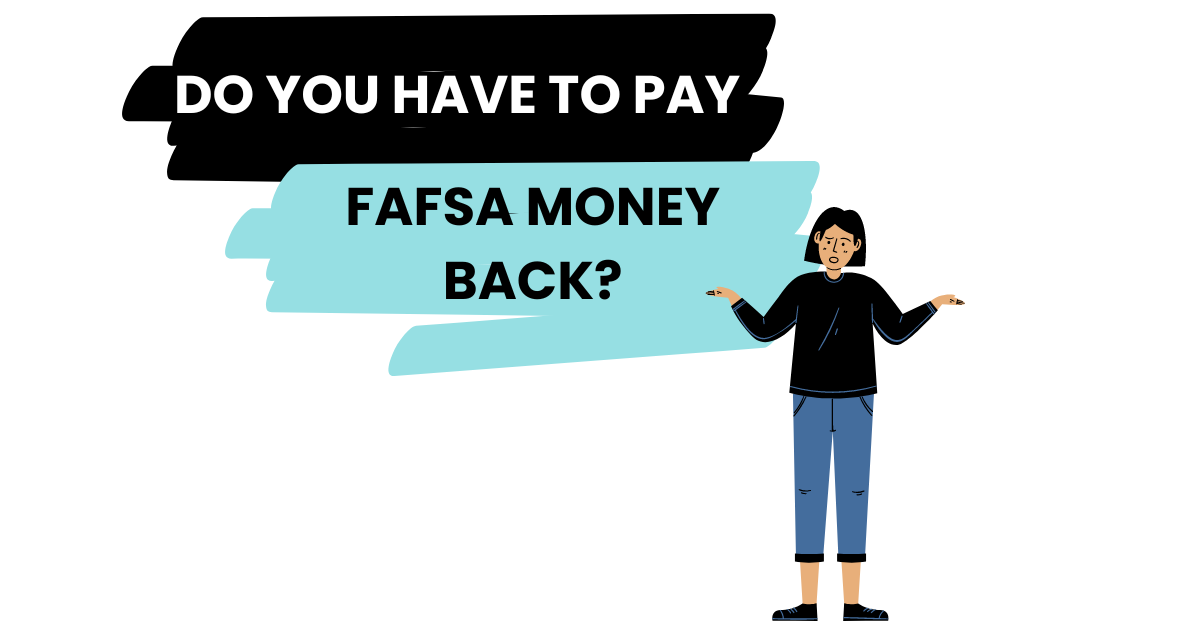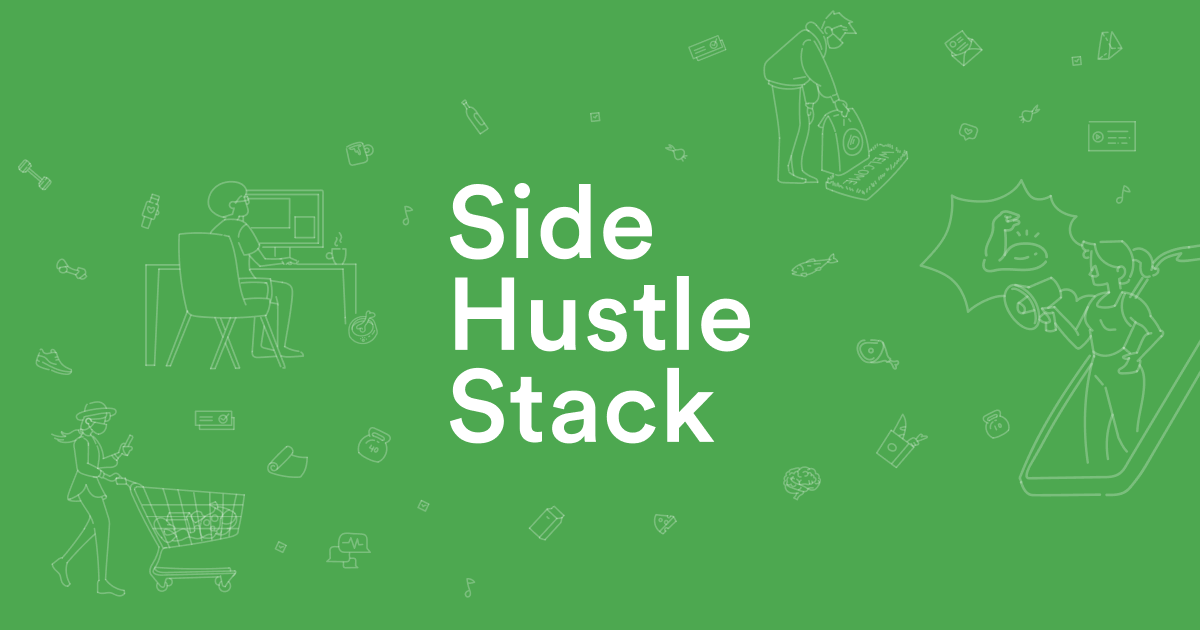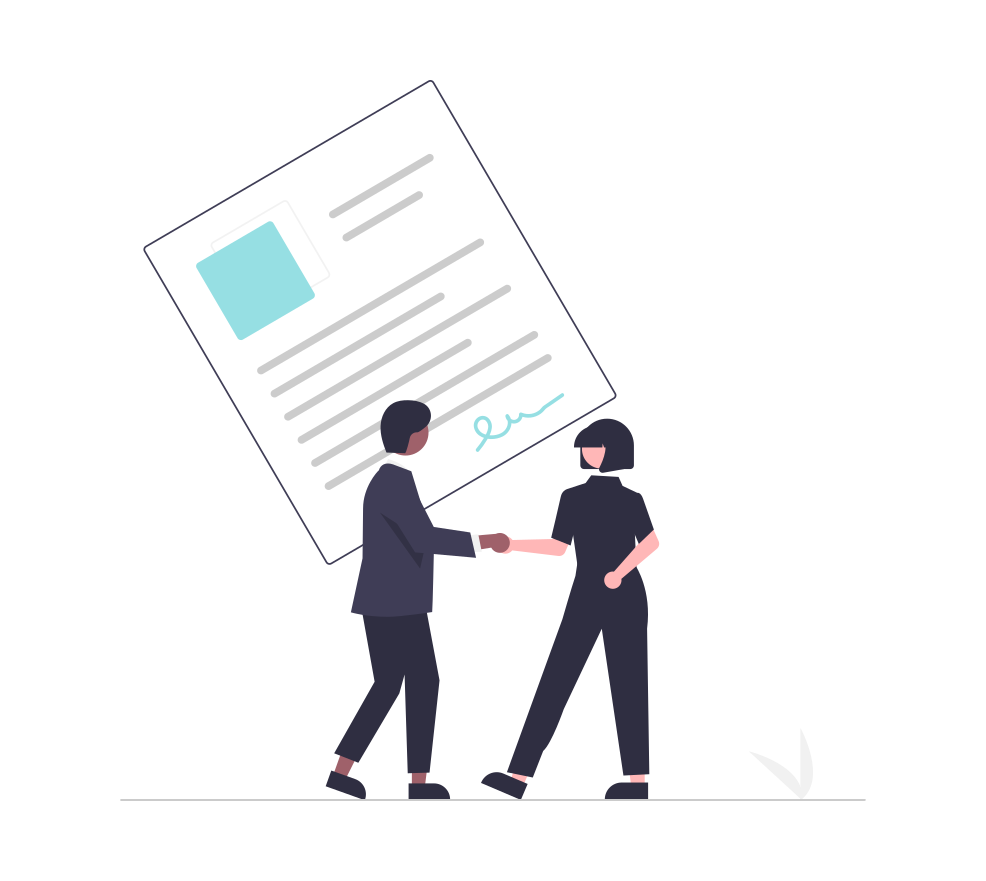The U.S. Department of Education announced in November that federal student loan borrowers will be able to put their payments on hold until as late as summer 2023. However, the future of the payment pause depends on the outcome of President Biden's plan to cancel up to $20,000 in student debt per borrower, which will be determined by the Supreme Court.
Here's what you need to know about when payments will resume and how to plan for repayment.
When Will Student Loan Payments Resume?
The Education Department's announcement means that the date payments will resume is uncertain. The fate of the forbearance period depends on when the Supreme Court makes its decision on Biden's student debt relief plan.
If the ruling is made before June 30, 2023, borrowers will need to start repaying their loans 60 days after the decision, at which point interest will start accruing again.
If the Supreme Court has not ruled before June 30, 2023, forbearance will end, and borrowers will need to start repaying their loans 60 days after that date.
What is the Payment Pause?
The payment pause, which began in March 2020 due to the COVID-19 pandemic, allows federal student loan borrowers to skip payments. During this time, the interest rate on their federal student loans has been set to 0%, and collections activities on defaulted loans have been halted.
Borrowers in income-driven repayment plans will find that each month that passes during the payment pause still counts toward their totals, which is beneficial for them.
However, borrowers in standard repayment plans will still have their previous loan balances waiting for them when payments resume, minus any debt cancellation that survives court challenges.
Keep in mind the payment pause applies to federal student loans, and not private student loans, meaning anyone with private student loans has been unable to benefit from the 0% interest due to the pause.
Should You Make Payments During the Payment Pause?
The decision to start repaying during forbearance depends on your remaining balance and ability to pay. If your remaining balance would be wiped out by the stalled Biden plan, don't make payments during this extension. Instead, put your student loan bill money aside in a separate account so it is available for you to make a lump-sum payment if cancellation never comes to fruition.
Borrowers enrolled in forgiveness programs should not make payments, while borrowers who will still have a student loan balance if cancellation is applied should make payments during the pause extension if they can.
Everyone's situation is different so it's important to act accordingly. What works for one person, may not be the best solution for someone else. Keep this in mind when discussing with friends or family.
Start Planning for Your Student Loan Repayment Now
It's important to start preparing for repayment now. The pause could end sooner than expected, and you should practice making payments to ensure you can afford them. A great starting point is to set a budget and you can prepare one by using our free budget template.
Contact your loan provider to confirm your monthly payments and read the following article to find out who your student loan servicer is if you don't know.
By planning ahead, you'll be prepared for any outcome and improve your financial health in the process.
Staying Positive in the Face of Student Loan Repayment
Dealing with student loan debt can be overwhelming, especially during times of uncertainty. However, it's important to stay positive and remember that you're not alone in this. Here are some tips to help you stay positive and manage your student loan debt:
- Focus on your progress: It can be easy to feel discouraged when you look at your total loan balance, but try to focus on the progress you're making. Celebrate each payment you make, no matter how small, and remember that every payment brings you closer to being debt-free.
- Surround yourself with support: Talk to friends and family members who understand what you're going through. Join online communities of people who are dealing with student loan debt. Surrounding yourself with support can help you feel less alone and more motivated to keep going.
- Take care of yourself: Dealing with debt can be stressful, but it's important to take care of your mental and physical health. Make time for activities that make you happy and help you relax, such as exercise, reading, or spending time with loved ones.
Final Thoughts
While the future of student loan debt relief may be uncertain, there are steps you can take to manage your debt and stay positive. Remember that you're not alone in this and that every payment brings you closer to being debt-free.
By staying focused, surrounding yourself with support, and taking care of yourself, you can navigate the challenges of student loan debt with grace and determination.





